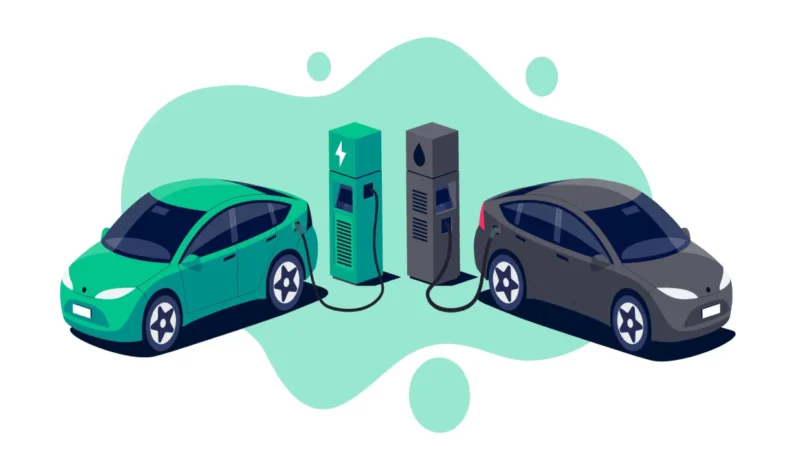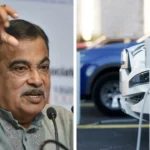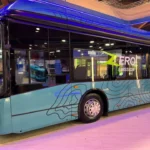As EV gain more popularity across India, in light of increasing fuel prices all along, the question in everyone’s mind is whether it is time to switch to EV? An added premium is seen in the form of a higher upfront cost EVs. However, it saves significantly in the long run, especially for city drives? Let’s compare a basic costing of owning EVs versus usual petrol and diesel vehicles in 2024.
Fuel Economy Savings: Electric Vehicles vs. Petrol/Diesel Cars
Electric vehicles save most of the money of Delhi residents. Delhi has the highest fuel rates in India, with petrol averaging ₹100 per liter and diesel averaging ₹90 per liter. Using this calculation from above, here is how this numbers out for a typical annual mileage of 10,000 km.
- EV Fuel Costs: For the Delhi average, an annual consumption for an EV would work out to 662 units. Thus, at an average of ₹8 per unit, this adds up to a mere ₹5,296 a year.
- Petrol Car Fuel Costs: For the same mileage, a petrol car would consume nearly 590 liters, amounting to ₹59,000.
EV owners save around ₹53,704 per year on fuel compared to petrol car owners. This figure itself speaks for saving potential in the long term.
EV Reduced Maintenance Expenses
Electric vehicles also save a lot of money when it comes to maintenance. EVs don’t have that many moving parts when compared to ICE-based vehicles. This further means fewer breakdowns and consequently lower servicing costs.
- The average cost for 5 years of servicing Electric Vehicles is up to ₹41,811
- An average 5 year cost for maintenance for petrol/diesel cars sums up to ₹330,805
Total Cost of Ownership After Five Years
Even though EVs are pricey, they are still much better off when it comes to saving over a period of five years.
|
Engine Type |
Vehicle Cost |
Fuel Cost (5 Year) |
Maintenance Cost (5 Year) |
Total Cost (5 Year) |
|
Petrol |
₹8,10,000 |
₹2,95,000 |
₹3,30,805 |
₹14,35,805 |
|
Diesel |
₹11,00,000 |
₹2,23,305 |
₹4,00,000 |
₹17,23,305 |
|
Electric |
₹13,00,000 |
₹26,480 |
₹41,811 |
₹13,68,651 |
Govt. Incentives for the Buyers of EV
Indian Government has provided a number of incentives to promote the wide adoption of electric vehicles. The initial cost is very much reduced.
- Lower GST Rate: The GST on EVs stands at a mere 5%. For petrol cars, it is as high as 48%.
- Subsidies under FAME Scheme: The government provides subsidies upto ₹1.5 lakh to consumers under FAME Scheme.
ELCTRIK Speaks
Switching over to an EV seems to be a friendly and cost-effective choice for consumers. Though it has a high front-end cost, the entire cost of ownership is much lesser over the five-year study period. Change seems to be happening in the Indian automobile market, but there seem to be electric vehicles that are only the way forward but also prudent investments.






